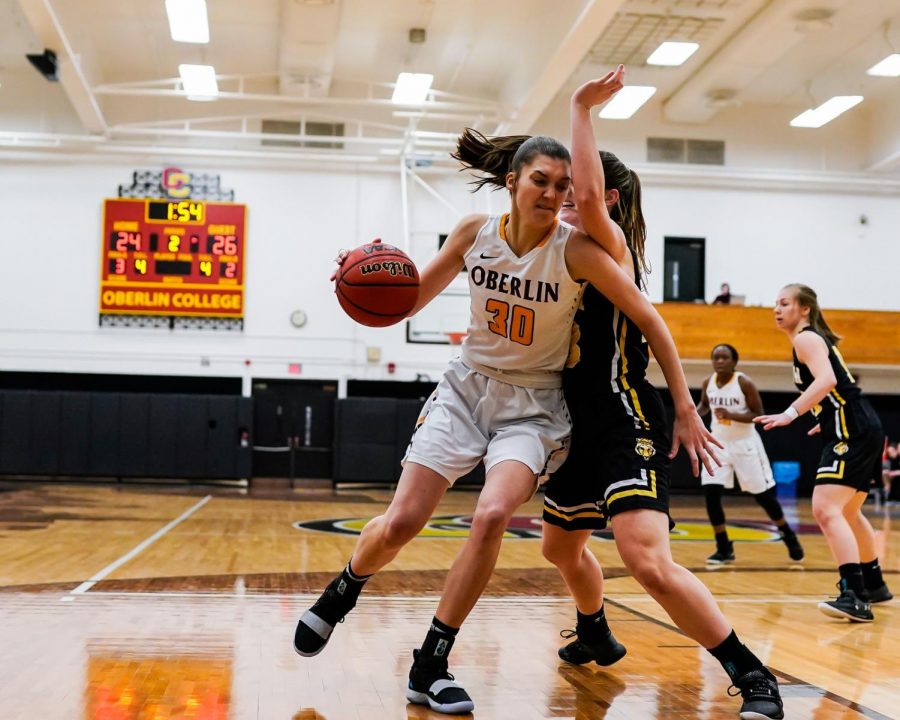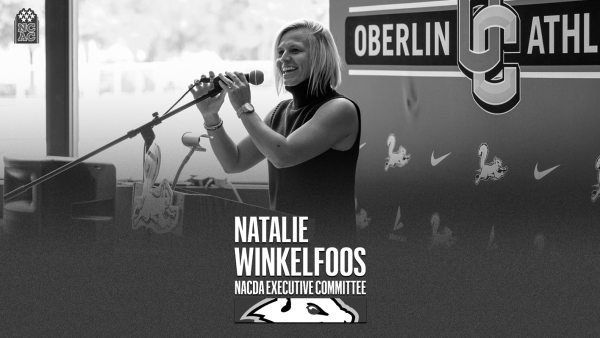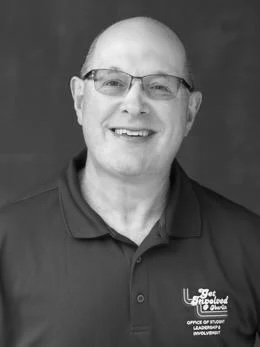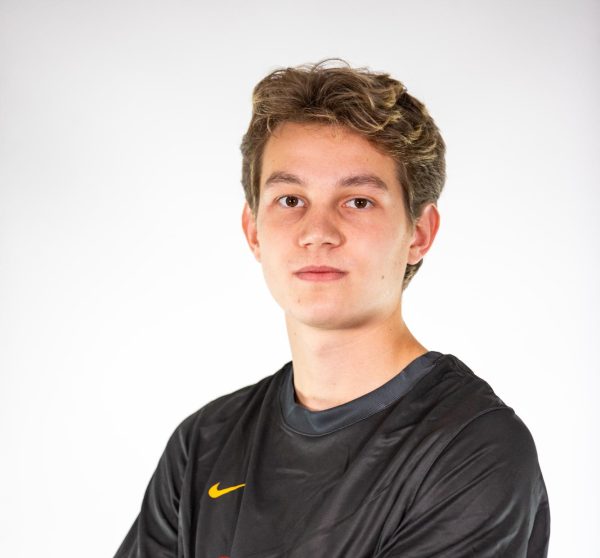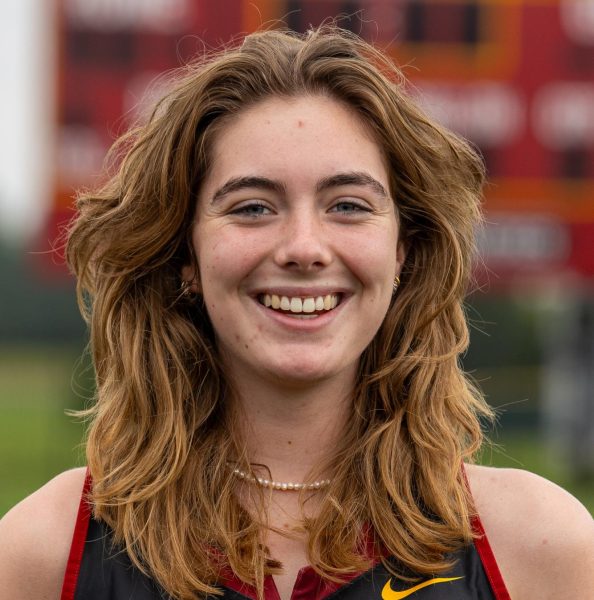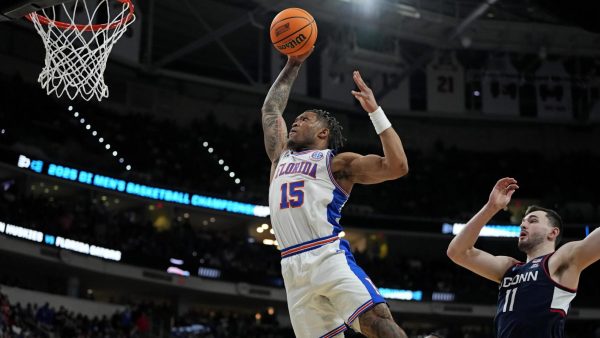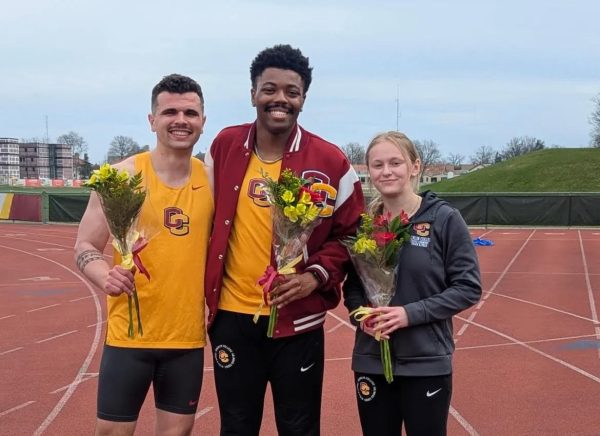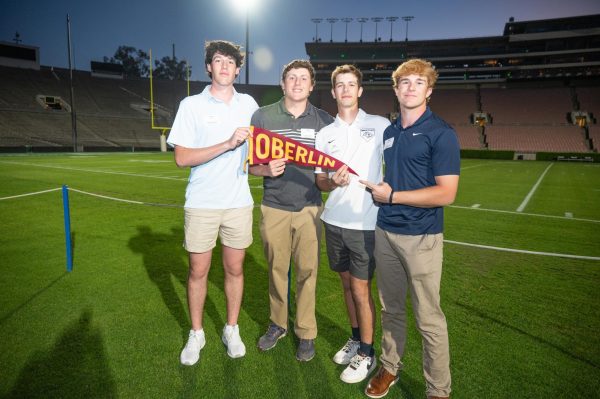In The Locker Room with Olivia Canning, Senior Basketball Center
Photo courtesy of OC Athletics
Liv Canning
College senior Olivia Canning has her hands full. As a starter on the Oberlin women’s basketball team, a Psychology and Sociology major and Anthropology minor, and an active member of various Oberlin College and community organizations, Canning seems to be doing everything at once. While she has garnered accolades as a powerhouse center on the basketball court, including NCAC Defensive Player of the Year and All-NCAC First Team in the 2017–18 season, Canning has also shown academic prowess through her Sociology honors thesis and many organization positions.
This interview has been edited for length and clarity.
Tell me a little about yourself and what you’re involved in.
I am a Psychology and Sociology double major with a minor in Anthropology. I’m doing a Sociology honors thesis, but I’m primarily interested in psychology and am looking for a research assistant job for a few years after college or applying to graduate school. I’m involved in a lot of different organizations: [Preventing and Responding to Sexual Misconduct], [Oberlin Bystander Intervention], I was a [Peer Advising Leader], and I volunteer for the Nord Center Sexual Assault Care Unit Hotline.
Wow, that’s a lot of different activities. What is your honors thesis about?
It’s about how young women today navigate fear in public spaces.
Tell me a little bit about your athletic background, and how and when you got into basketball.
I actually got into basketball really late, because I didn’t start playing AAU or club basketball until the spring of my freshman year of high school, which is really late. I honestly didn’t know if I wanted to go to school for basketball, but then I wound up at Oberlin. I love the team, and it is such a cool program.
Did you play other sports before basketball?
I was definitely someone who had played soccer their whole life, you know? Although, I did run varsity track during my [first year of high school] until I started [taking] basketball more seriously.
Did you have any favorite players growing up, or any role models?
I wish I had watched the WNBA or women’s college basketball more growing up. But my dad really loves basketball, so I watched the Celtics — Kevin Garnett was my hero.
So, you’re a big Celtics fan?
I am a big Celtics fan. I’m from outside of Boston. I have to be, you know?
You and Alex [Stipano] have been playing together for years now. How have you seen her grow over the years, and how has she pushed you to be your best?
She’s grown so much. She tore her ACL her first year, which is incredibly tough, especially during your first year. She’s had to move past that, and she did it in such an amazing way. She adapted to our coach and just does whatever is asked of her. I think that is really admirable. She’s headstrong. All of this has pushed me to work harder, because I’ll look at Alex and think, “Well, Alex is doing this, so I’ve got to do the same.” This year, as a senior, she hurt her elbow in the beginning of the season, too.
It seems like the basketball alumni stay good friends and stay connected to the program after graduation. What does this say about the program culture? We don’t really see that with other sports.
I think our team has a history of being really close and supportive. Maybe it’s just having to stay together during Winter Term and having that shared experience. And all of the alumni are still keeping contact. For me, I’m looking for jobs in D.C. and it’s cool to see that network [there]. It’s supportive, like a family. A lot of alumni work in D.C. right now. A [few] of our current players are from the DMV area as well.
Will you continue to stay involved in the program, and what will you miss most about being an Oberlin basketball player?
I’ve thought about becoming a sports psychologist, but I don’t think that’s my passion. Right now, I’m thinking, “Wow, a break!” But I’m sure I’ll be in some pick-up league wherever I end up. But I’ll really miss the community of the basketball program. I mean, we see them every day for six months during the year, whether we want to or not. But I’m definitely going to miss it.
If sports psychology isn’t your passion, then what is your passion?
I’m definitely interested in the field of trauma psychology, but I’m not sure what. I’m looking into the field of PTSD with veterans or victims of domestic violence, but I’d like to look into making a positive change in some way.
You and Alex are the veterans on the team. What advice would you like to impart on your younger teammates?
Don’t regret the effort you put in. Put in your all so that, at the end of the career, you can say you did your best with what you had.


